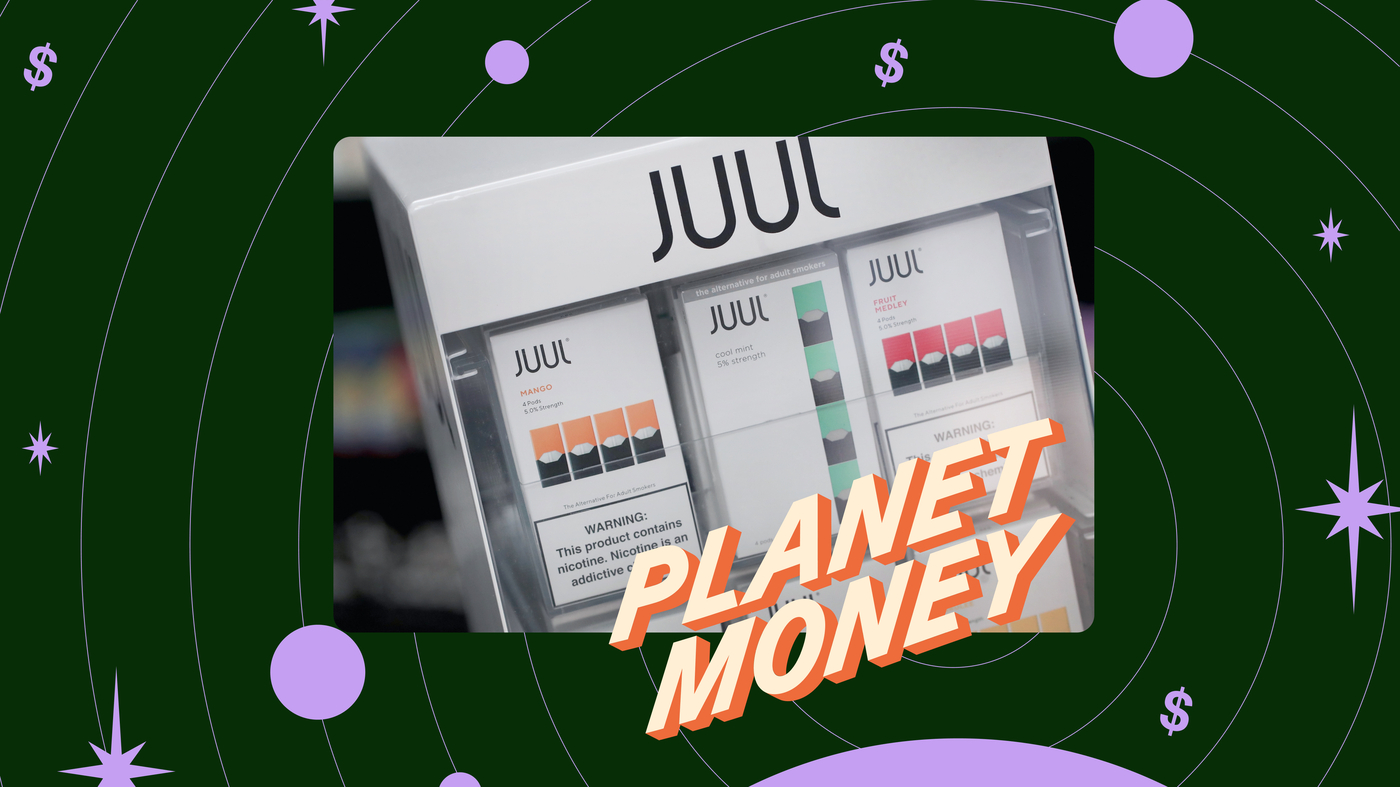

When the vape brand Juul first hit the market back in 2015, e-cigarettes were in a kind of regulatory limbo. At the time, the rules that governed tobacco cigarettes did not explicitly apply to e-cigarettes. Then Juul blew up, fueled a public health crisis over teen vaping, and inspired a regulatory crackdown. But when the government finally stepped in to solve the problem of youth vaping, it may have actually made things worse.
Today’s episode is a collaboration with the new podcast series “Backfired: the Vaping Wars.” You can listen to the full series at audible.com/Backfired.
This episode was hosted by Alexi Horowitz-Ghazi and Leon Neyfakh. It was produced by Emma Peaslee and edited by Jess Jiang with help from Annie Brown. It was fact checked by Sofia Shchukina and engineered by Cena Loffredo. Alex Goldmark is Planet Money‘s executive producer.
Help support Planet Money and hear our bonus episodes by subscribing to Planet Money+ in Apple Podcasts or at plus.npr.org/planetmoney.

Always free at these links: Apple Podcasts, Spotify, the NPR app or anywhere you get podcasts.
Find more Planet Money: Facebook / Instagram / TikTok / Our weekly Newsletter.
Music: NPR Source Audio – “Comin Back For More,” “Sorry I Kept You,” and “Eku Oja Meta”